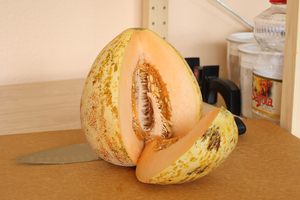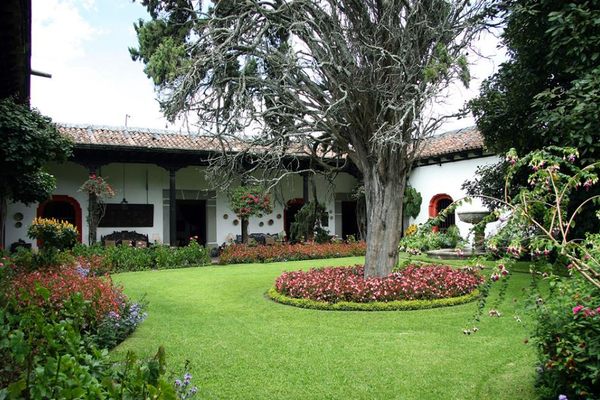About
Wine, especially French wine, is tied to the idea of terroir, that the climate and soil where grapes are grown has an indelible influence on the final product. People care a lot, then, about whether their wine is from the Loire or Napa Valley.
But not too many people care about where their melon comes from—unless they're a fan of the Crane melon, a hyper-local fruit developed and grown by a single family in Santa Rosa, California. True, the seeds have made their way to other fields, but the Cranes have firmly stated that all Crane melons not grown on their farm are inferior substitutes, and that the only way to try one is to visit the Crane Melon Barn during September and October, when they are ripe.
They may have a point. The melon was deliberately developed to flourish under specific circumstances: rich, adobe soil, little water, and the area's searing summer days and cold nights. Oliver Crane, in the early 20th century, bred the melon by crossing a white melon and an ambrosia melon with imported Japanese and Persian varieties. The result was a yellow-fleshed melon with a mottled, webbed rind and a floral, honeyed flavor.
Generations of Cranes have sold these melons from their 150-year-old redwood barn. These days, they go for a little more than a dollar per pound, and vary in size. Some are only as large as grapefruits, while others are fully watermelon-sized. But don't expect to be able to buy one at your local grocery store. Crane-grown melons rarely make it far from the source.
Related Tags
Know Before You Go
The Crane Melon Barn is typically sold only in September and October. The barn's hours are 10 a.m. to 6 p.m., but be sure to call in advance, at (707) 795 6987, to make sure there are melons.
Community Contributors
Added By
Published
October 7, 2021
































